
“Oh, high moon, relay my greetings to dear brother Salah!” my beloved mother, Shukria, used to say. For a great many years, she longed passionately to see her only brother, Salah, back at home in Palestine. Like millions of Palestinians, he was forced to live in the diaspora, banned from ever returning to his homeland.
My mother was nine and Uncle Salah was eight in May 1948 when Jewish militias attacked their village Kofakha, located 18km (11 miles) east of Gaza City. Their family was forced to flee for their lives, as the invaders killed people and set homes on fire.
The family managed to make it to Gaza, where they lived in deplorable conditions as refugees. Matters worsened when their mother, Zakia, fell severely ill and passed away shortly afterward, leaving behind two orphans.
Uncle Salah felt compelled to work abroad to support the family. In 1965, he traveled to Kuwait, where he worked as a teacher.
Just a year later, their father, Sheikh Hassan, passed away in Gaza. Uncle Salah was devasted and started planning his return.
Advertisement
Just as he was about to come back in 1967, Israel invaded and occupied the remaining Palestinian territories of historic Palestine — the West Bank, the Gaza Strip, and East Jerusalem.
In a gross violation of human rights, the Israeli occupation authority denied the right of return to the Palestinians who were outside the occupied territories at that time. That meant that Uncle Salah could not return to his homeland, Palestine.
By contrast, any Jew living anywhere in the world had and still has the right – guaranteed by Israel – to immigrate and settle in historic Palestine.
While in the diaspora, Uncle Salah made tremendous efforts to maintain contact with us. With no postal or phone communication available, he occasionally sent letters, photos, money, and gifts with visitors to Gaza.
Although these things had their special value for my mother, she yearned for something more. Her dearest wish was to see Uncle Salah back in Palestine.
My mother had countless ways to express her extreme love for her brother and her overwhelming desire to see him back at home.
She was most delighted with my uncle’s letters and photos; she kept them under lock and key. From time to time, I saw her kissing the photos. She also asked me to read her the letters over and over.
Uncle Salah was always in my mother’s supplications. She fervently prayed for his protection and fast return to Palestine.
It was heartbreaking to hear her chant, “Oh, high moon, relay my greetings to dear brother Salah!” while gazing at the moon in the night sky. Rarely did she do that without tears coming to her eyes.
Advertisement
My mother’s emotional words, yearning looks, and mournful tone reflected the great deal of agony she had endured.
As a child, I memorised some of my mother’s prayers and supplications for Uncle Salah. When seeing the moon in the sky, I sometimes chanted, “Oh, high moon, relay my greetings to dear Uncle Salah!” Overjoyed to hear me chanting her words, my mother used to embrace me tightly.
When my fourth son was born in 1993, my mother was at the hospital. Holding the newborn in her arms, she looked at him tenderly and exclaimed, “What a cute baby! So small and loved by all!” I asked her to choose a name for him; I expected her to say Salah. However, after a moment of deep thought, she responded, “Let’s call him Talal.”
Talal is a beautiful name, but I had never considered it for any of my children. Yet, I hated to disappoint my beloved mother. Curious about her choice, I said, “Dear mother, no family member has this name to call my new son after him. Why would you prefer it in particular?” She replied, “May the absentees appear!” This is a literal translation of her response.
Arabic words are generally based on three-letter roots, which define their underlying meaning. The root T-L-L conveys the sense of “appearance or coming into view”. It was obvious my mother’s mind was occupied by Uncle Salah and his family in the diaspora, hoping for their return to Palestine. She hoped that the name would be a good omen for the return of the absent loved ones.
In our efforts to fulfil my mother’s deepest wish, we submitted several requests for Uncle Salah and his family to visit Palestine, to the Israeli occupation authority and to the International Red Cross and Red Crescent Movement. In 1994, we received an approval.
Advertisement
My uncle and his family arrived in Gaza shortly afterwards. The emotional reunion between my mother and her brother was indescribable. Sadly, the visit was brief. Uncle Salah and his family were able to come back one more time, in 1995. His inability to stay in Palestine reignited my mother’s anguish.
With advances in technology, we were eventually able to communicate remotely with Uncle Salah and his family in Kuwait. My mother was thrilled to see and talk to them via the internet.
Tragically, my uncle fell seriously ill in 2017; a massive stroke left him paralysed and unable to speak. His health deteriorated, and he passed away in 2021. It was really heart-rending for my mother that her only brother died in the diaspora.
After his death, my mother’s health declined. Her condition worsened even more during Israel’s brutal war on Gaza. Due to the inhumane blockade and the targeting of hospitals, she could not receive proper medical care. She passed away on December 1, 2023.
May she and her brother rest in peace!
The lives and deaths of my uncle and mother illustrate the grave injustice Israel has inflicted on Palestinians over the past eight decades, blatantly violating human rights laws and United Nations resolutions.
Holding Israel accountable for its atrocities against Palestinians must be a priority for the international community. Standing in solidarity with Palestinians in their quest for freedom and dignity will create stability and peace for all nations in the region.
Advertisement
The views expressed in this article are the author’s own and do not necessarily reflect Al Jazeera’s editorial stance.

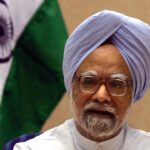
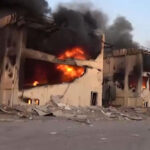



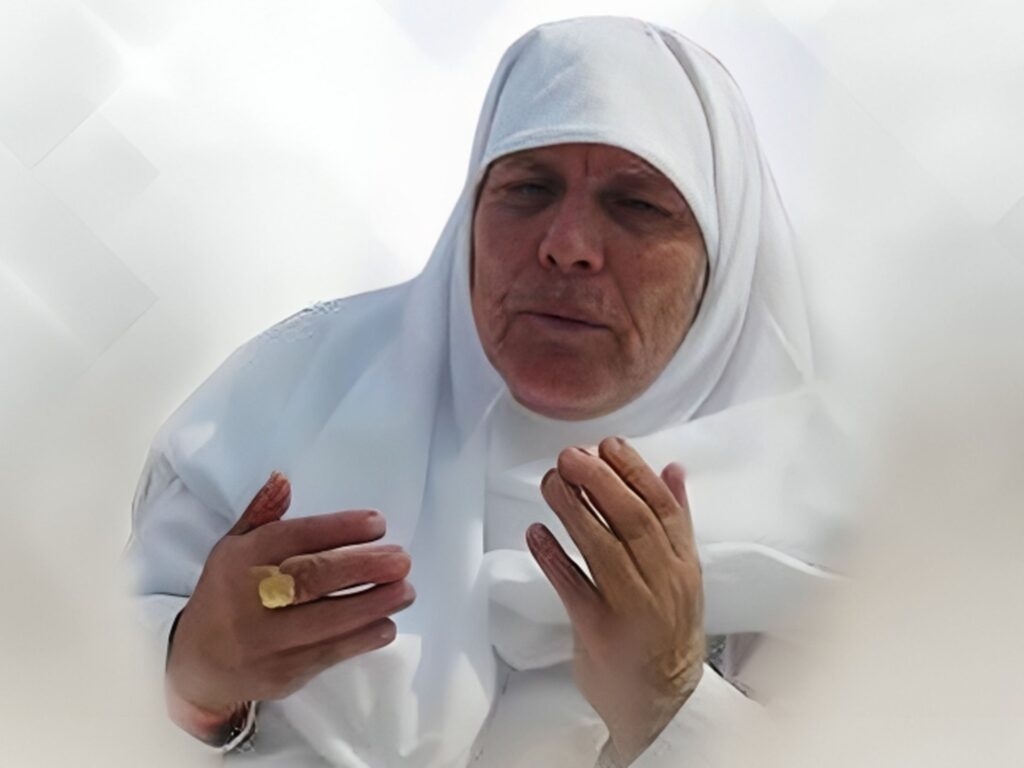
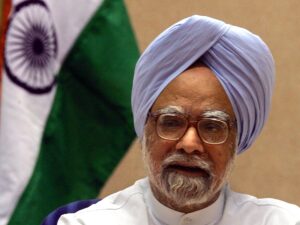
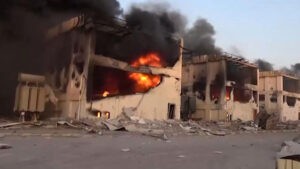


More Stories
India announces seven days of mourning for ex-PM Manmohan Singh
Israel attacks Yemen’s main airport while UN health chief boards flight
India’s top order in trouble against Australia on second day of fourth Test